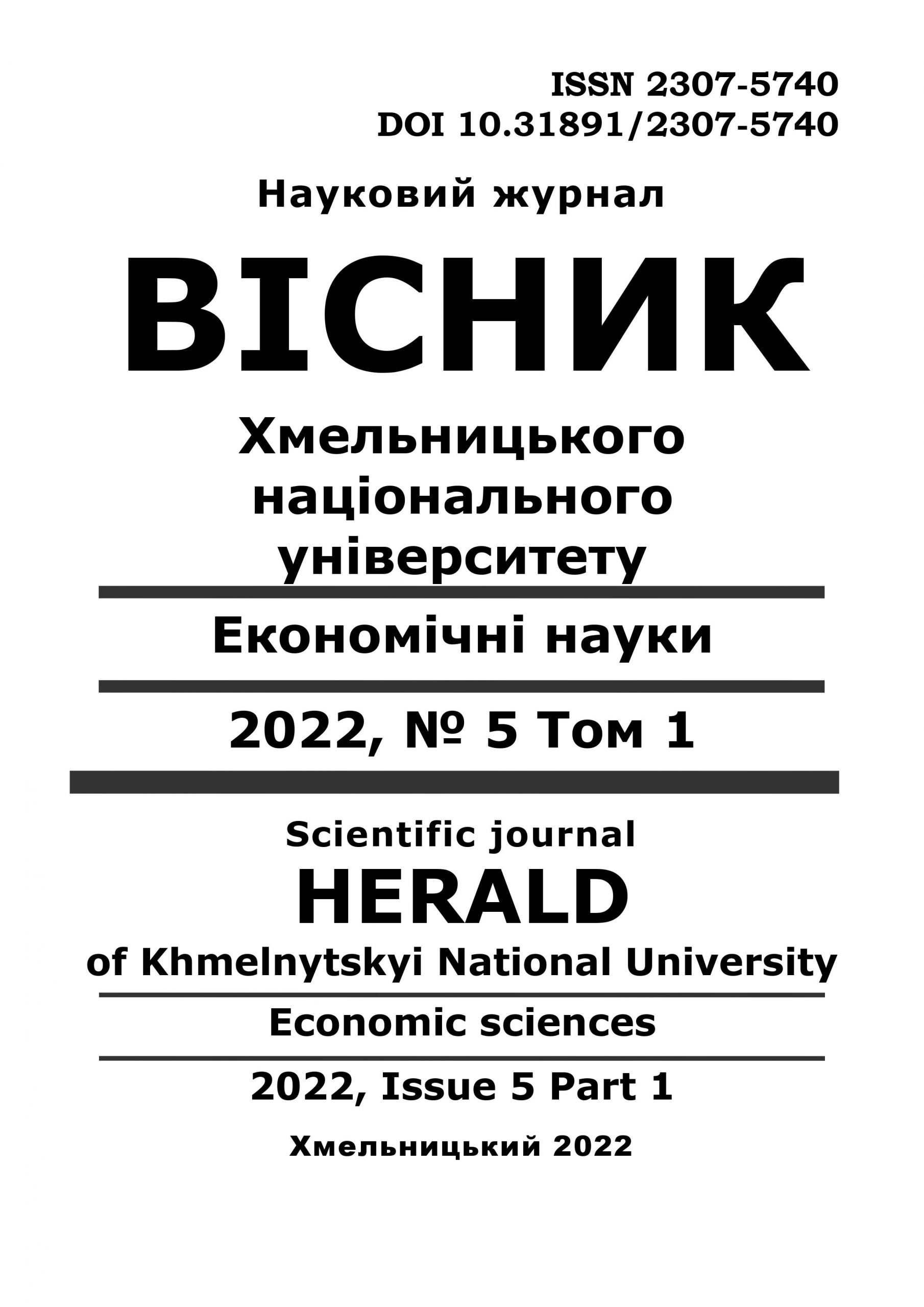INFORMATION TECHNOLOGY AS A TOOL FOR SCIENTIFIC RESEARCH
DOI:
https://doi.org/10.31891/2307-5740-2022-310-5(1)-46Keywords:
information, scientific information, information technology, information search system, database, expert systems, decision support systems, intelligent systemsAbstract
The article is devoted to finding out the possibilities of using modern information technologies in conducting scientific research, identifying trends in the development of the information space, and developing directions for adapting information technologies to the needs of scientific activity. Characteristic features of scientific information, methods of its organization, search and use are disclosed. Emphasis is placed on actualizing the use of modern information technologies in the analysis of the processes taking place in the development of scientific activity, in order to make informed decisions regarding their further development. One of these directions is state support for scientific research in the field of information technologies and telecommunications. Information technologies as tools of scientific research are the cause of changes in the education system, in scientific activity, in the methodology of their implementation
Conducting scientific research requires the presence of three main competencies necessary for the effective implementation of this process. These include: thorough knowledge of the subject area; knowledge of existing methods of processing data on the subject area or the problem to be solved; knowledge of modern tools for searching, obtaining and processing information, as well as the ability to use them.
Based on the results of the research, it can be stated that informatization, which is an integral part of the general process of informatization of modern society, is a prerequisite and decisive factor for carrying out scientific activity, its reformation and modernization.
The informatization of scientific activity is based on the wide implementation and use of information and communication technologies, which, in turn, act as a mechanism for building a unified educational and scientific space, which will help to solve such strategic tasks as the implementation of a system of continuous education, the priority introduction in educational and research processes of the latest achievements of science and technology, scientific and methodological restructuring of all forms of education and scientific research.


